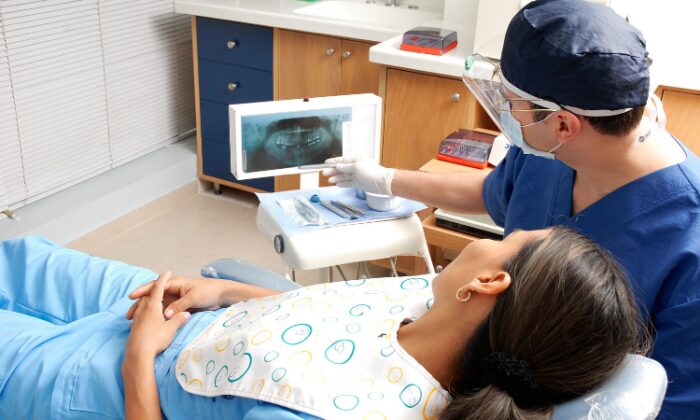Root canals often provoke fear and anxiety. Many people associate them with pain. However, they could relieve severe dental pain. The procedure itself is typically no more painful than a filling. Knowing when you need a root canal is crucial. Early detection can save your tooth and prevent further complications. Untreated dental issues can often lead to more serious health problems.

Persistent Toothache
A persistent toothache is a common sign. It may indicate an infected pulp. The pulp is the innermost part of the tooth. It contains nerves and blood vessels. Infections can cause severe pain. Pain may radiate to your jaw or other teeth, which can make it difficult to determine the exact source. A root canal could remove the infected pulp and eliminate the source of the pain. It may also preserve the natural structure of the tooth.
Swelling and Tenderness
Swelling around the tooth can indicate infection. Tenderness in the gums might accompany it. Swelling may extend to your face or neck. This can signal a serious problem. Infections can spread if left untreated and might affect other parts of your body. A root canal could stop the infection and prevent further swelling and tenderness.
Swelling is often accompanied by redness. The affected area may feel warm to the touch. You might notice a change in gum texture. The gums may appear puffy or inflamed. This can make brushing and flossing difficult. You might avoid cleaning the area due to discomfort. This can exacerbate the problem. A dentist can assess the situation. They will recommend the best course of action.
Darkening of the Tooth
A darkened tooth may need a root canal. Discoloration can occur from trauma or decay and can indicate nerve damage. The tooth may appear gray or black. This change often signals an internal issue. Treatment could address the underlying problem and restore your tooth’s natural appearance.
Prolonged Sensitivity
Sensitivity to hot or cold can be a warning sign. It may persist long after exposure. This sensitivity often indicates nerve damage. It can occur from deep decay or trauma. Sensitivity can affect your diet. You might avoid certain foods or drinks. Hot beverages or cold desserts may trigger pain. This can limit your enjoyment of meals. Sensitivity could also affect your oral hygiene routine. Cold water during brushing might cause discomfort. This can lead to inadequate cleaning. Addressing the issue could improve your quality of life.
Pain When Chewing
Pain when chewing or applying pressure can signal a problem. It may indicate an infected or damaged pulp. This pain can disrupt eating and speaking and often worsens over time. A root canal could resolve the issue and allow you to chew without pain.
Chewing pain can lead to dietary changes. You might favor soft foods over crunchy ones. This can impact your nutrition. You might avoid certain meals altogether. Pain can also affect your speech. It may cause you to slur words or avoid speaking. This can impact social interactions. A dentist can identify the cause of the pain. They will recommend appropriate treatment.
Gum Pimples
Pimples on the gums can indicate infection. These pimples, called fistulas, may drain pus. They can cause an unpleasant taste or odor. Fistulas often signal an abscessed tooth. An abscess can lead to serious complications. A root canal could treat the infection and eliminate the fistula and its symptoms.
Why Early Detection Matters
Early detection could help save your tooth. It often prevents the spread of infection. Untreated infections can reach the jawbone. They can cause bone loss and other issues. Early treatment often reduces pain and discomfort. It could also minimize the need for more extensive procedures. Regular dental check-ups aid in early detection.
Detecting issues early could also save time and money. It can prevent the need for more complex treatments. It may also reduces the risk of complications. Regular check-ups allow dentists to monitor your oral health. They can catch problems before they escalate. This proactive approach often benefits your overall health and promotes long-term dental wellness.
At Henrich Dental, we offer comprehensive dental services. Our team provides expert care and guidance. We prioritize your comfort and health. Contact us to schedule a consultation and learn more.
